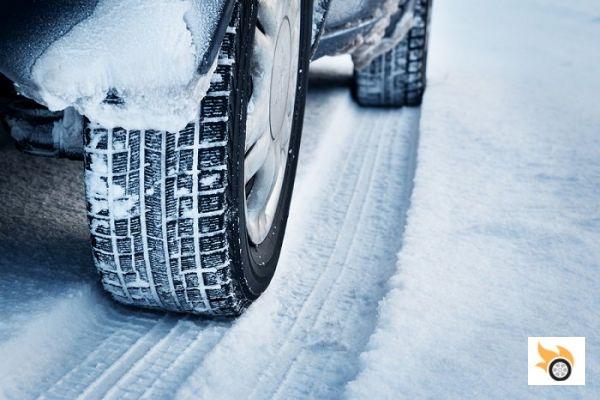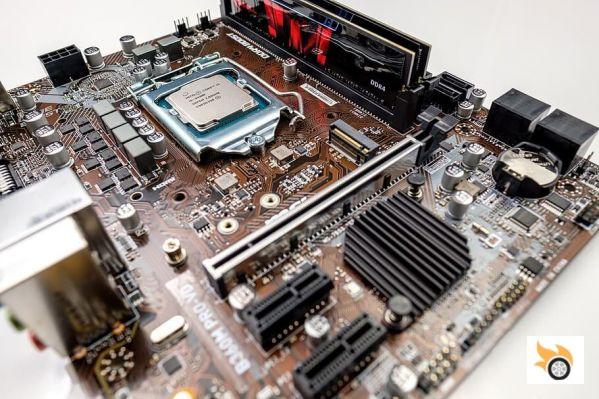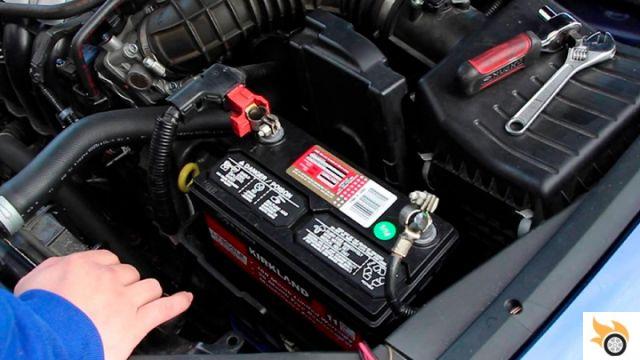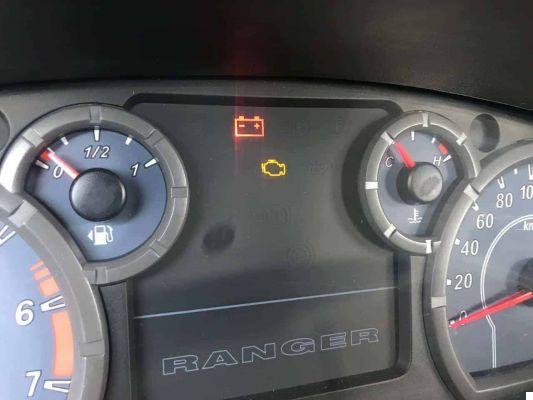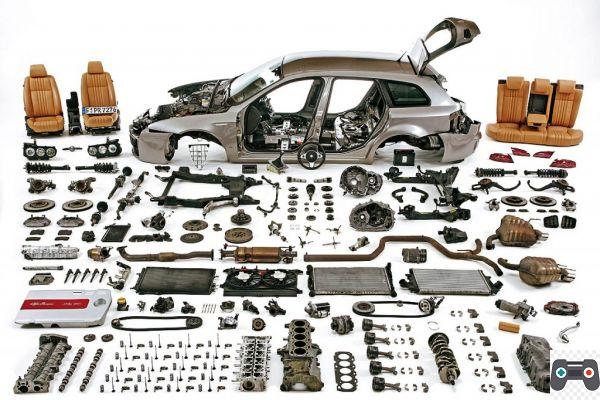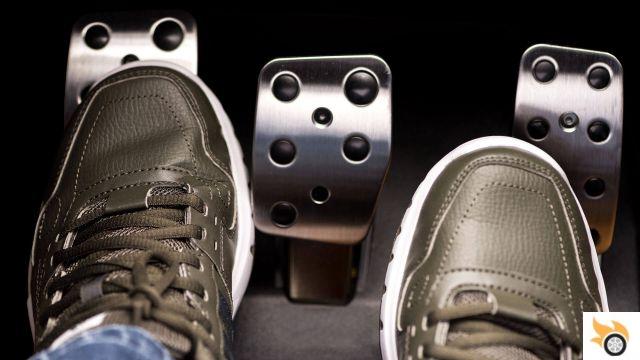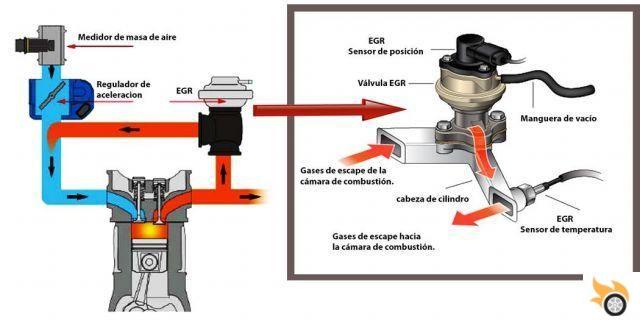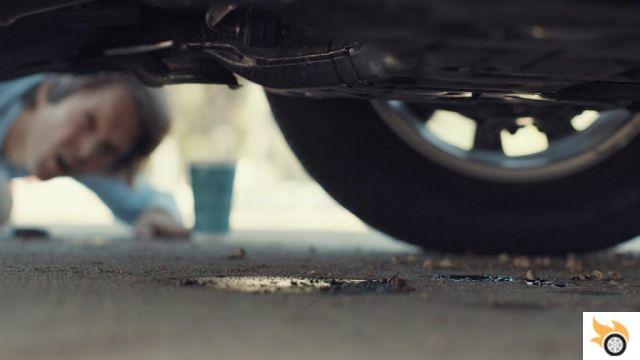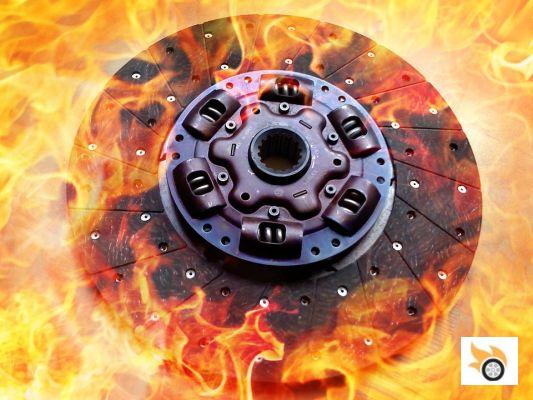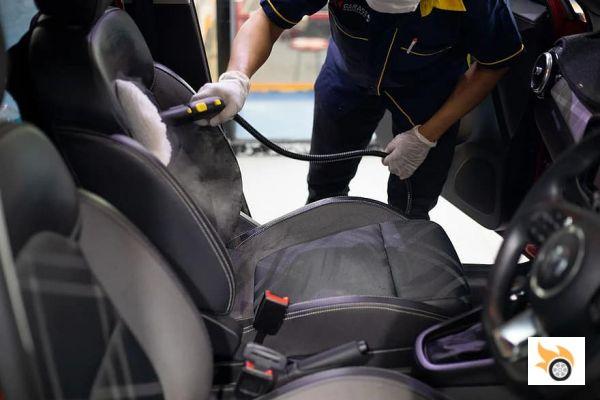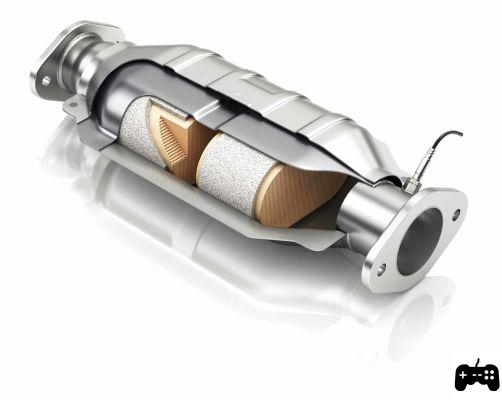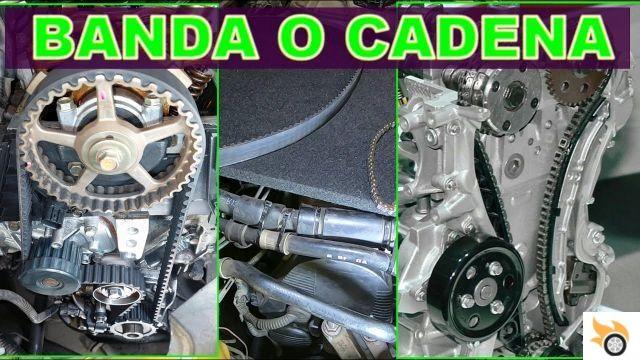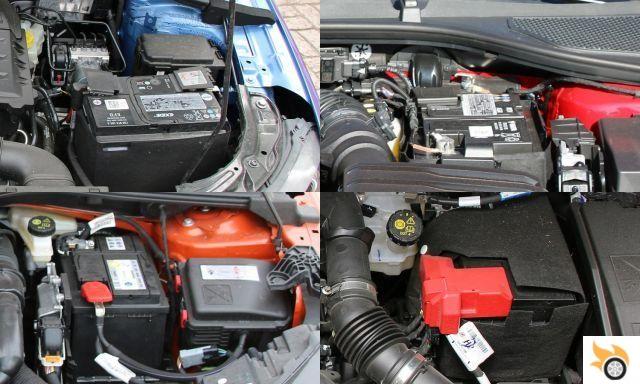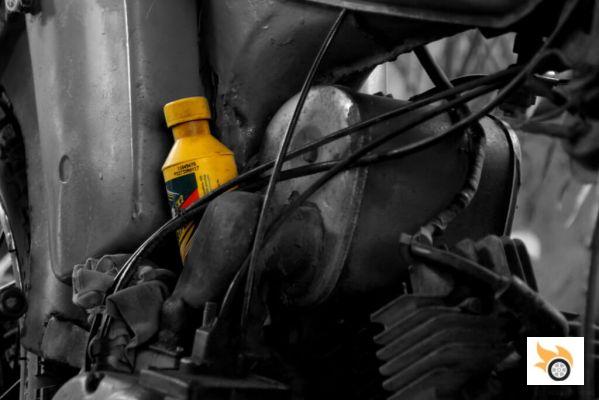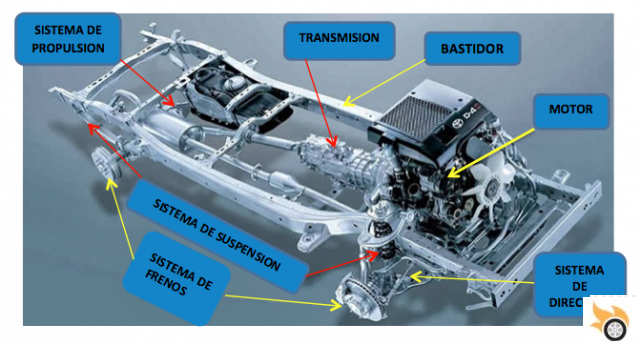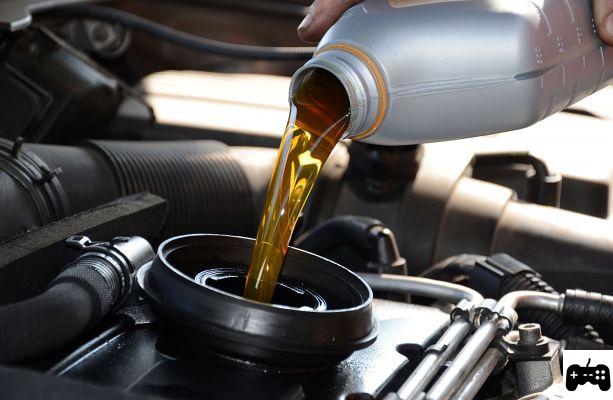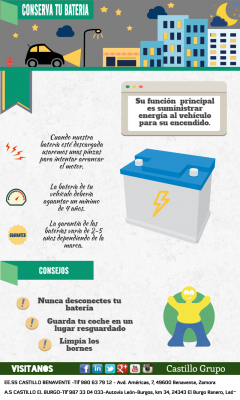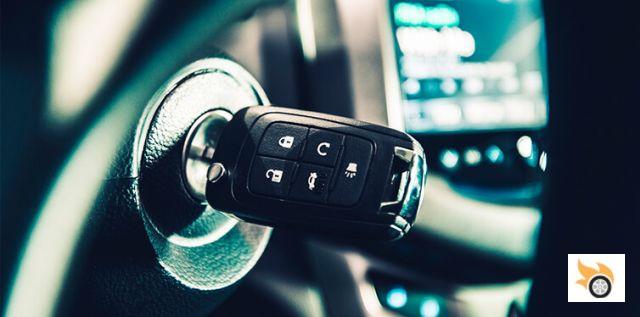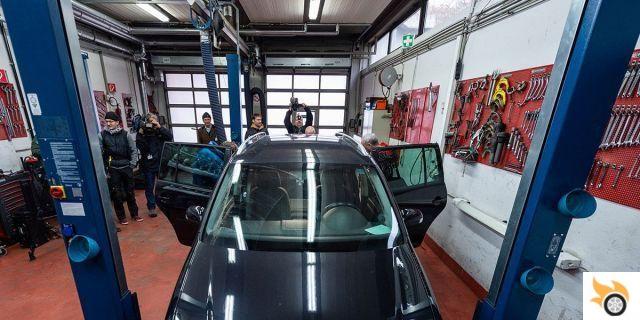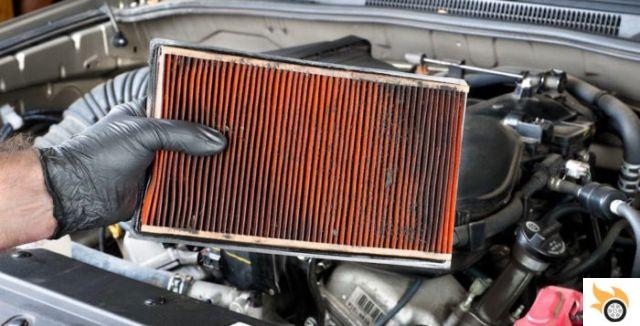
In this article, we are going to address the different search intentions related to changing filters in the car. We will talk about the consequences of not changing the air filter on time, the importance of changing car filters, especially the oil filter, and when it is necessary to make these changes. We will also provide advice and warn about possible mistakes when changing the oil filter.
Consequences of not changing the air filter on time
The air filter is an essential part of a car's air intake system. Its main function is to filter the air that enters the engine, preventing dust and dirt particles from damaging the internal components. If the air filter is not changed in time, dirt can accumulate and obstruct the airflow, which can have several negative consequences:
- Reduced Engine Performance: A dirty air filter restricts airflow to the engine, which can reduce engine performance. This results in a loss of power and acceleration.
- Increased fuel consumption: When the airflow is obstructed, the engine needs to work harder to get the same amount of air. This can result in increased fuel consumption.
- Increased Engine Wear: Lack of clean air can cause increased wear on internal engine components, which can lead to more serious problems in the long run.
- Polluting emissions: A clogged air filter can affect combustion efficiency, which can result in increased pollutant emissions from the vehicle.
Therefore, it is crucial to change the air filter on a regular basis, following the car manufacturer's recommendations. This will ensure optimum engine performance and increased engine durability.
Importance of changing car filters
In addition to the air filter, there are other filters in the car that also require regular changing. One of the most important is the oil filter. The oil filter is responsible for removing impurities and particles that accumulate in engine oil, preventing them from circulating and damaging internal components.
The importance of changing the oil filter is that a clogged or saturated filter will not be able to perform its function correctly, which can have serious consequences for the engine:
- Accumulation of dirt and particles: If the oil filter is not changed, impurities and particles will accumulate in the oil, which can cause increased wear on the internal components of the engine.
- Decreased lubrication: Oil is responsible for lubricating and protecting engine components. If the oil filter is clogged, the oil will not be able to circulate properly, which can result in decreased lubrication and increased wear.
- Increased risk of breakdowns: A clogged oil filter can cause decreased filtration efficiency, which can allow harmful particles to reach internal engine components. This increases the risk of breakdowns and costly damage.
To avoid these negative consequences, it is essential to change the oil filter according to the recommendations of the car manufacturer. This will ensure adequate lubrication and protection of the motor, prolonging its useful life.
When are these changes necessary?
The frequency with which car filters should be changed can vary depending on the vehicle model and driving conditions. However, in general, it is recommended to follow the car manufacturer's guidelines. These guidelines usually indicate mileage or time since the last filter change.
In the case of the air filter, it is recommended to change it every 15,000 to 30,000 kilometers or every 12 to 24 months, depending on driving conditions. If you drive in areas with a lot of dust or pollution, you may need to change it more frequently.
As for the oil filter, it is recommended to change it every 5,000 to 10,000 kilometers or every 6 to 12 months, again depending on driving conditions. If synthetic oil is used, the change interval may be extended.
It is important to note that these are only general guidelines and it is best to follow the car manufacturer's specific recommendations. Also, if you drive in extreme conditions or have heavy use of the vehicle, it may be necessary to change the filters more frequently.
Tips and possible mistakes when changing the oil filter
Changing the oil filter can be a simple task, but it is important to do it correctly to avoid possible mistakes that could damage the engine. Here are some tips and potential mistakes to watch out for:
- Use the correct oil filter: It is crucial to use the correct oil filter for the model and type of engine of the car. Using the wrong filter can result in poor filtration and engine damage.
- Apply new oil to the filter gasket: Before installing the new oil filter, it is important to apply some clean oil to the rubber gasket. This will help create a proper seal and prevent leaks.
- Do not overtighten the filter: When installing the new oil filter, it is important to tighten it just enough to prevent leaks, but not too tight. Overtightening can damage the gasket and make it difficult to remove at the next change.
- Check Oil Level: After changing the oil filter, it is important to check the oil level and adjust if necessary. An incorrect oil level can affect engine performance and lubrication.
If you do not feel comfortable performing the oil filter change yourself, it is always advisable to go to a trusted workshop or mechanic to perform the service.
Frequently Asked Questions (FAQs)
1. What happens if I don't change the air filter in time?
If you don't change the air filter on time, dirt can build up and obstruct the airflow to the engine. This can result in reduced engine performance, increased fuel consumption, increased engine wear and higher polluting emissions.
2. What is the importance of changing the oil filter?
The oil filter is responsible for removing impurities and particles from the engine oil. If the oil filter is not changed, dirt can accumulate and affect the lubrication and protection of the engine, which can result in increased wear and a greater risk of breakdowns.
3. When should I change the car filters?
The frequency of changing car filters varies depending on the model and driving conditions. In general, it is recommended to follow the guidelines of the car manufacturer, which usually indicate the mileage or the time since the last filter change.
Conclusion
Regular change of filters




